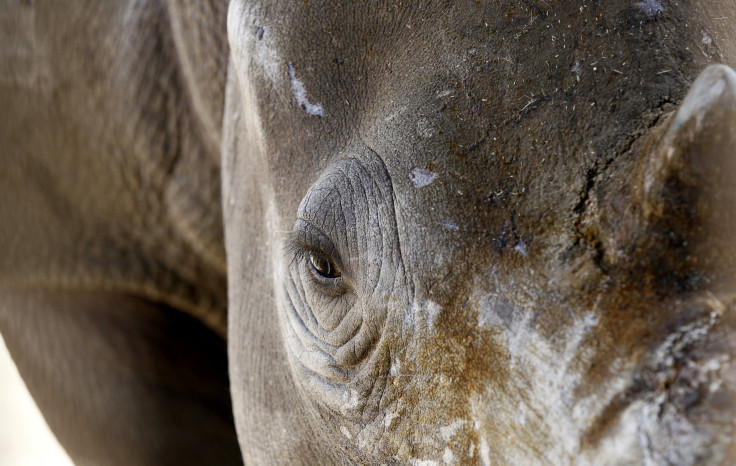BBC’s ‘Planet Earth II’ Accused Of Inadvertently Damaging Wildlife By Creating ‘A False Sense Of Security’

Martin Hughes-Games, presenter of the BBC television series “Springwatch,” has accused the creators of the rival nature documentary “Planet Earth II” of inadvertently damaging wildlife by “lulling the huge worldwide audience into a false sense of security.”
“I fear this series, and others like it, have become a disaster for the world’s wildlife. These programmes are pure entertainment, brilliantly executed but ultimately a significant contributor to the planet-wide extinction of wildlife we’re presiding over,” Hughes-Games wrote in an op-ed for the Guardian on Sunday. “The producers continue to go to the rapidly shrinking parks and reserves to make their films – creating a beautiful, beguiling fantasy world, a utopia where tigers still roam free and untroubled, where the natural world exists as if man had never been.”
In his contention against the series, Hughes-Games cited a recent report by the World Wide Fund for Nature, wherein it was revealed that between 1970 and 2012, the world lost 58 percent of its vertebrate population. The report also warned that if nothing is done, global vertebrate populations could decline by a staggering 67 percent below 1970 levels by 2020.
“The justification, say the programme makers, is that if people (the audience) become interested in the natural world they will start to care about the natural world, and will be more likely to want to get involved in trying to conserve it. Unfortunately the scientific evidence shows this is nonsense,” Hughes-Games said.
“Planet Earth II” — a sequel to the wildly successful and popular “Planet Earth” series — premiered in the U.K. in November and concluded last month. The show, hosted by the celebrated British naturalist and broadcaster David Attenborough, was shot over three years, involved 117 trips to 40 countries, and attracted over 12 million viewers per week.
“David does a very poignant wrap-up to explain that for most animals, what we are doing to the planet is a bit of a tragedy,” the series producer, Tom Hugh-Jones, told the Guardian in October.
In the final episode of the series, the 90-year-old Attenborough himself makes an emotional plea “to do everything within our power to create a planet that provides a home not just for us, but for all life on Earth.”
In his op-ed, however, Hughes-Games said that though the show featured a “marvellous commentary and script,” it failed to balance fantasy with reality.
“I’m not for one moment suggesting such shows should not be made,” Hughes-Games said. “They are wonderful records of the beauty rapidly disappearing from our planet. I believe that in 100 years people will be amazed, and profoundly sad, that it was still possible to make such programmes.”
© Copyright IBTimes 2024. All rights reserved.





















